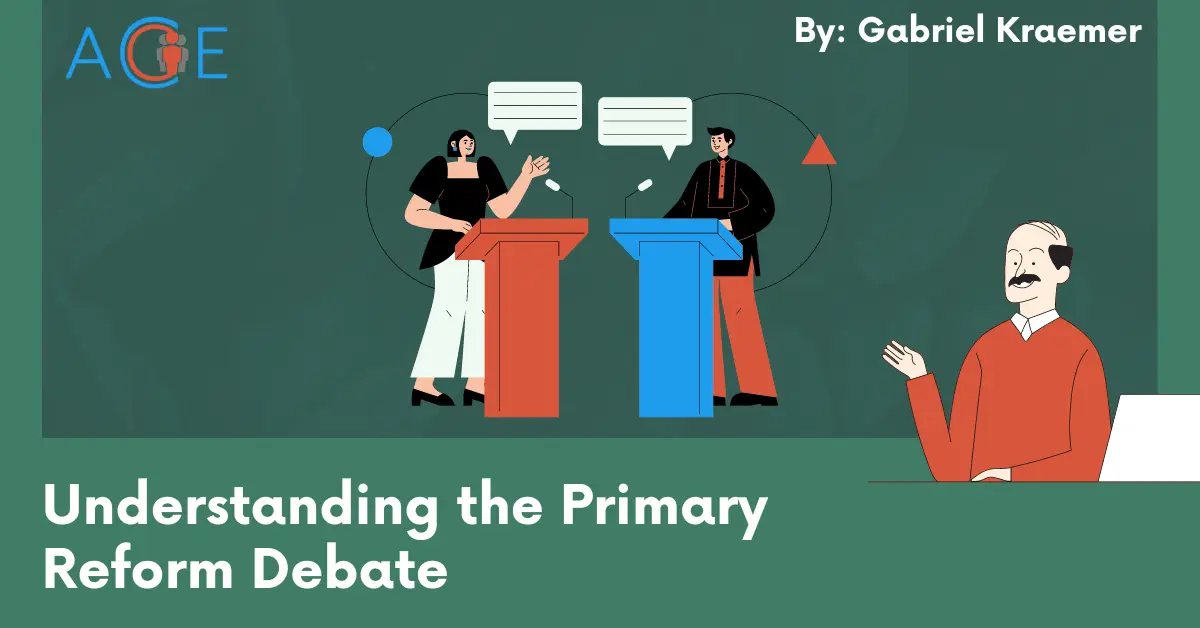Understanding The Primary Reform Debate
Understanding The Primary Reform Debate
ace-usa.org
Understanding The Primary Reform Debate | ACE

Top-two primary systems are designed to reduce political polarization by allowing the top two candidates, regardless of party, to advance to the general election. However, there are concerns about potential downsides, such as limiting third-party representation and possibly lowering voter turnout. Could this system actually stifle political diversity? Would it lead to more moderate candidates, or could it reduce voter choice? How might this impact heavily partisan districts?